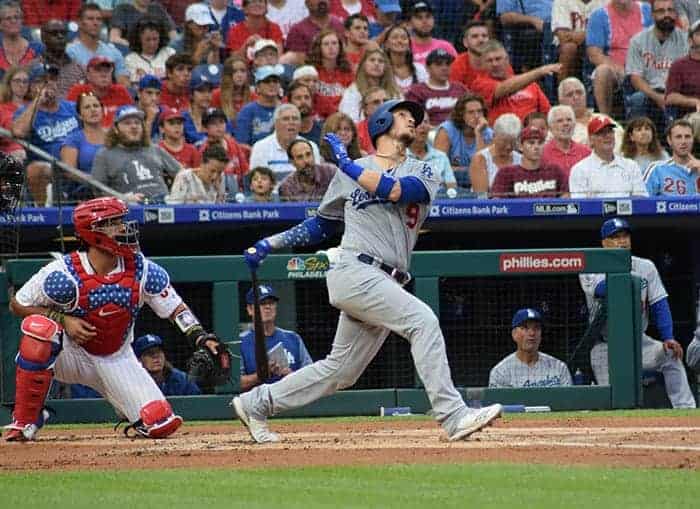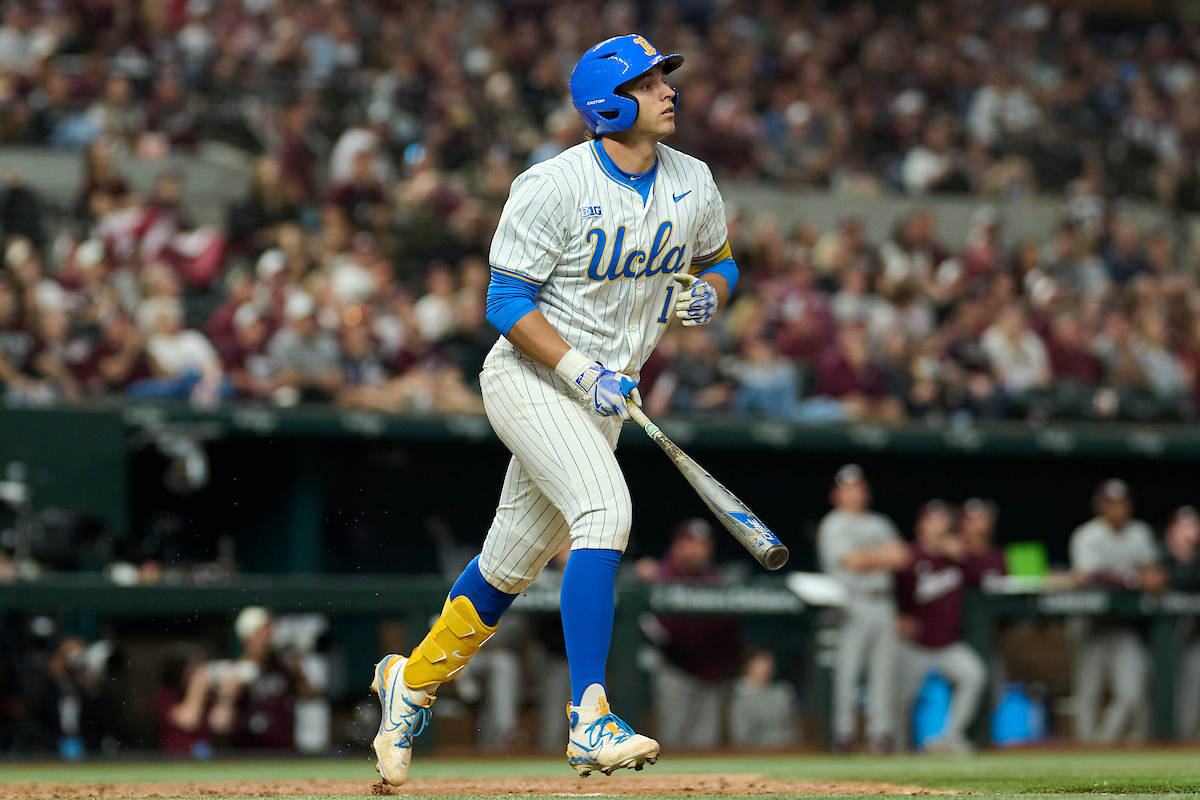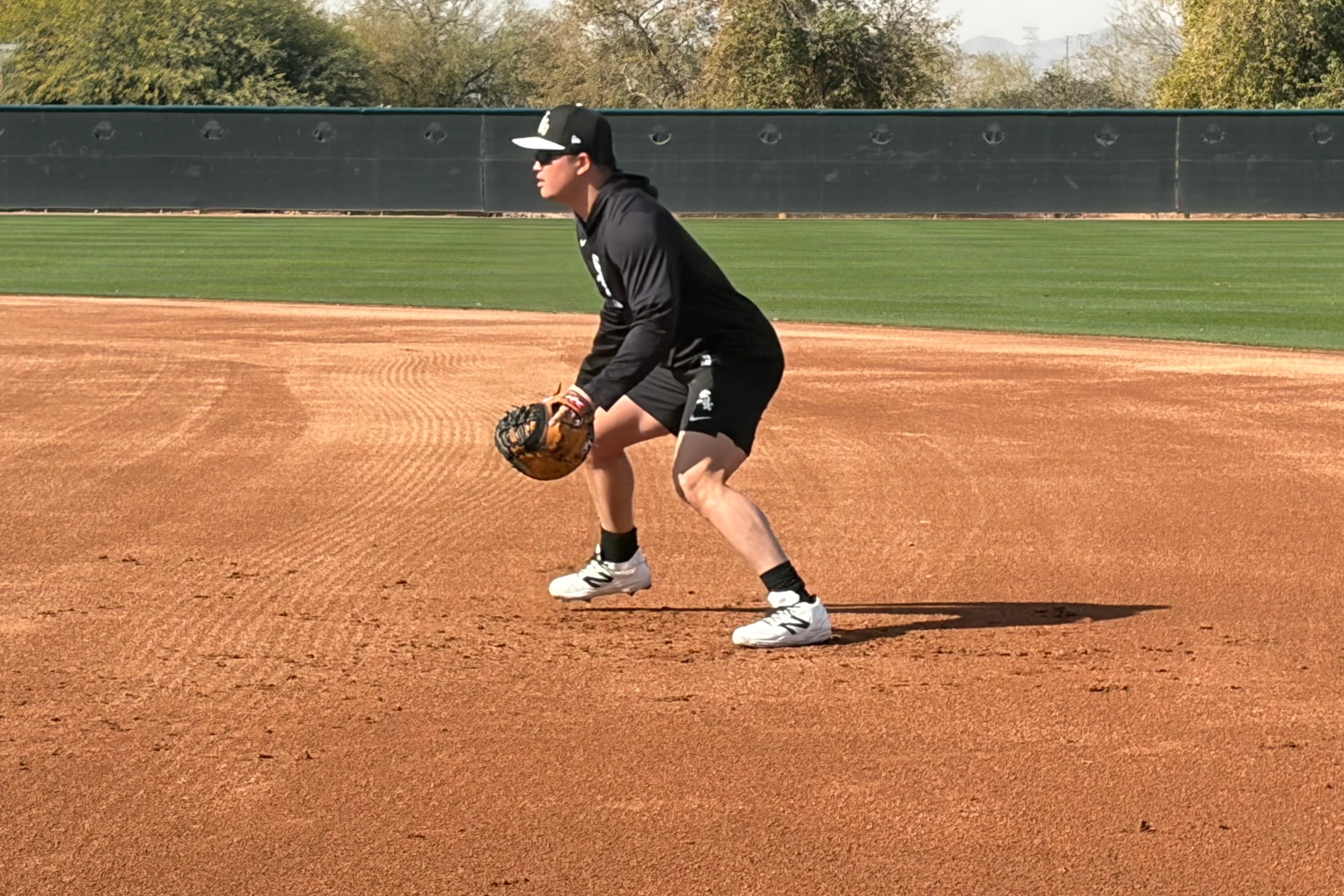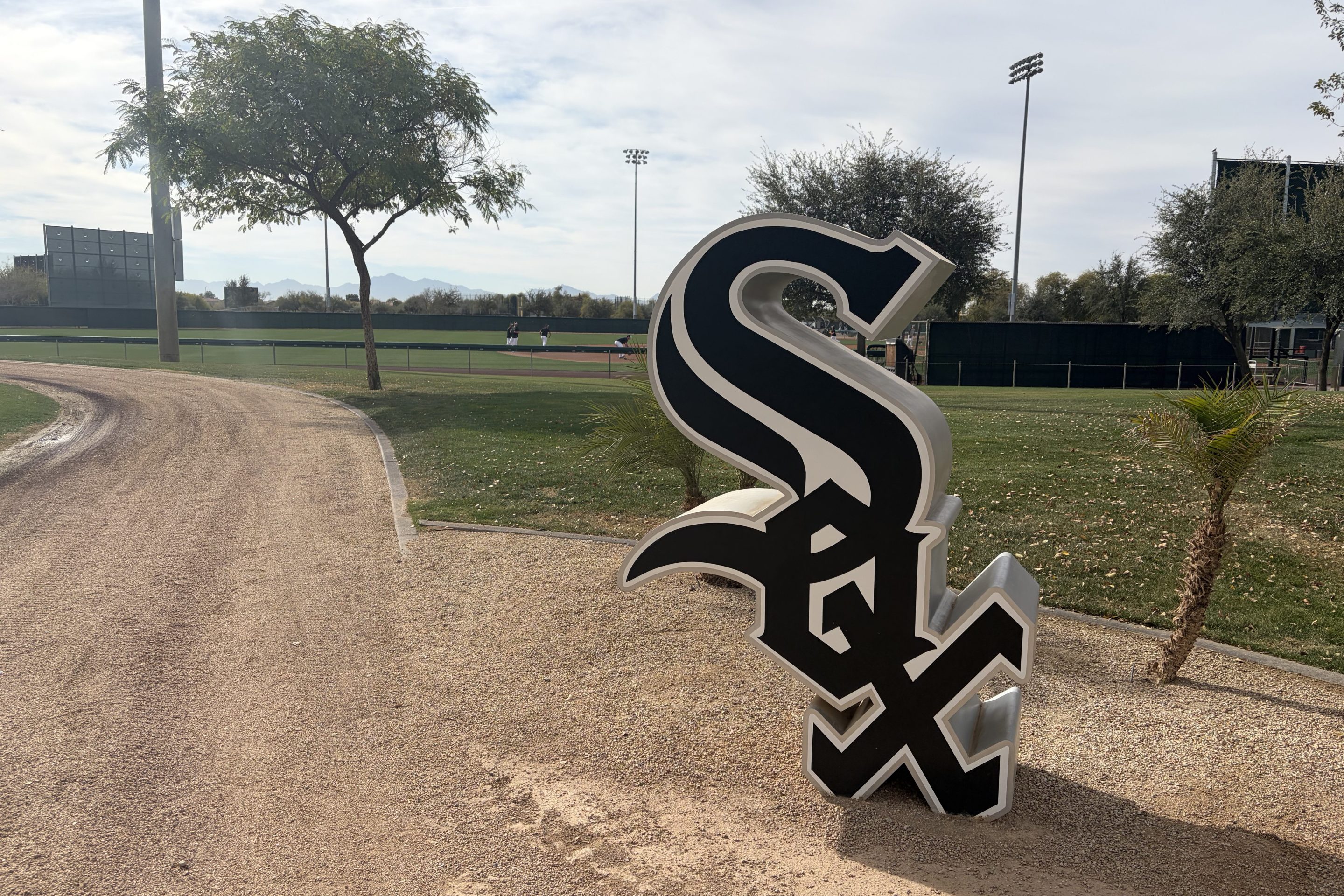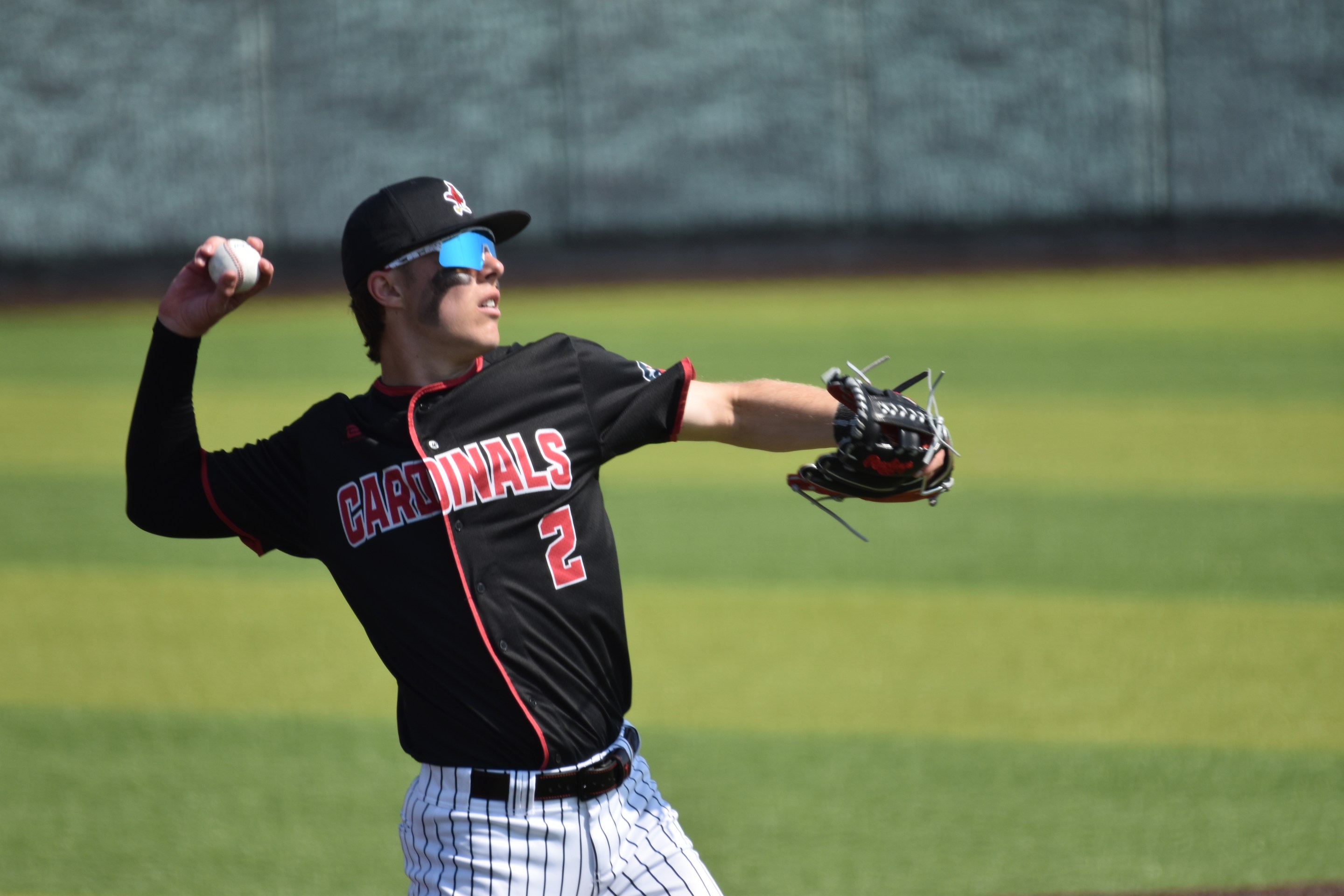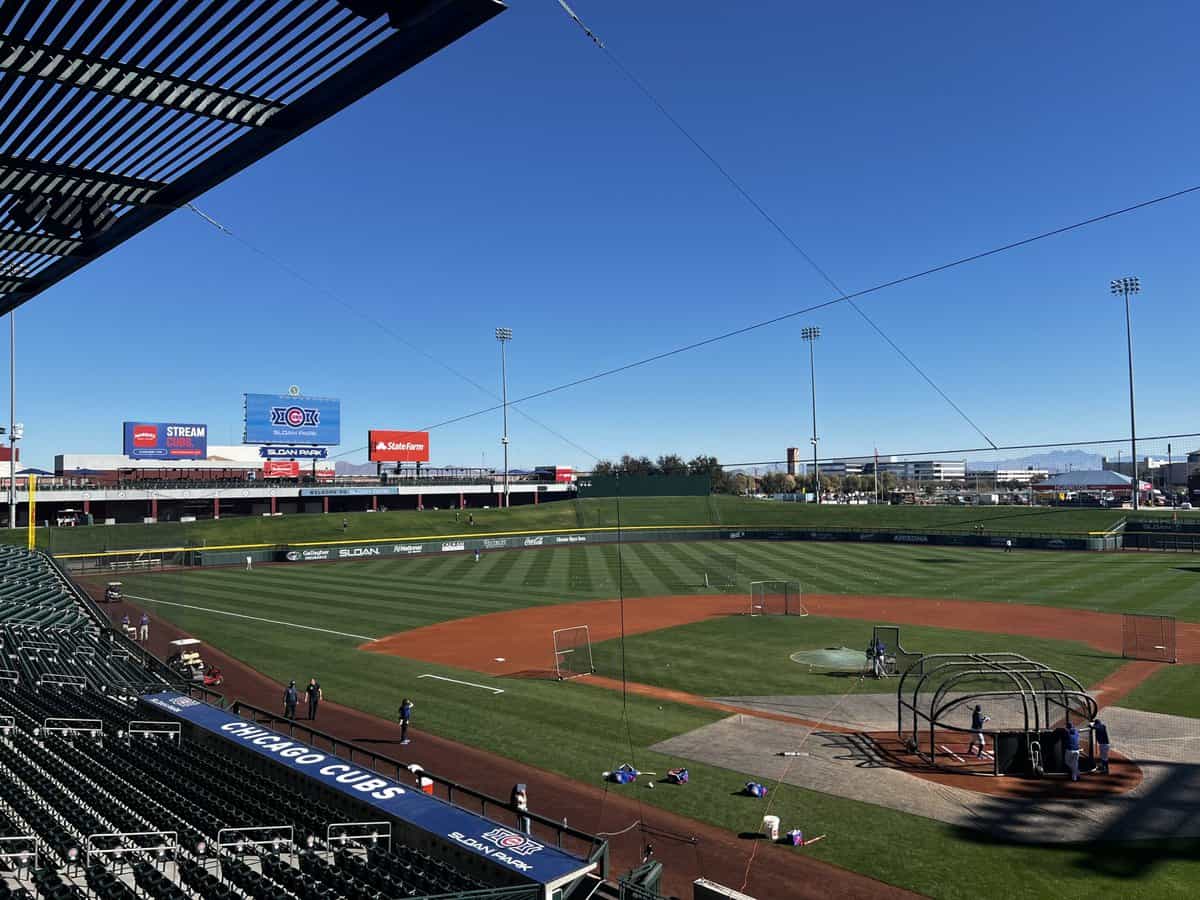The Brewers got a steal, and baseball is barreling toward a reckoning.
Those were the two conclusions that played out on Twitter over and over again when news broke that Yasmani Grandal signed with the Milwaukee Brewers for just one year and just $18.25 million.
Yes, Milwaukee got a steal, a massive upgrade at a position of need, and the Brewers will continue to be rewarded for being one of the few teams in baseball actually trying to improve with free agents.
On the other hand, the best catcher on the market had to sign a one-year deal, and for barely above the qualifying offer. Which ... uh-oh:
Eno Sarris spent the next portion of his evening comparing Grandal's one-year deal to the five-year, $82.5 million contract signed by Russell Martin, and then defending the Martin contract, which is apparently necessary because people forget what Martin has contributed.
The Martin contract is kinda perfect as an example of the way free agency used to be. He was the top catcher on the market coming off a career year, albeit at an age where players -- especially catchers -- start to decline. The Blue Jays, struggling to get back into the postseason despite the megatrade with the Marlins the year before, accepted the long-term risk for the short-term upgrade. Here's what Martin delivered in terms of WARP (which incorporates framing, a major part of his value)
- 2015: 4.6 WARP (made playoffs)
- 2016: 3.6 WARP (made playoffs)
- 2017: 2.0 WARP
- 2018: 1.7 WARP
Martin was signed to help a team get over the hump -- and he did! -- with the knowledge that the last couple years of his deal might be a little tough for everybody. He's gone from great to good to average to a little below average, which is what the aging curve would've projected. Assuming Martin doesn't turn into one of baseball's worst players next year, he'll have been paid fairly on the whole. That's the kind of trade-off teams and players found a way to hammer out.
As the knowledge firmed up on aging -- especially after the performance-enhancing drug testing system was codified -- some evolution of free agency would've been natural. Shorter deals for non-prime free agents could've been expected, but if players are giving up years, then one would expect them to receive more money, a sensible emphasis from both sides on the value of those first years.
Shorter deals that do not mark improvements in average annual values?
And said market is deflating while Major League Baseball touts record revenues. A lot can change between now and the CBA's expiration after the 2021 season to render these reactions Chicken Little-ish in hindsight, but Mike Ilitch isn't walking through that door, and the Phillies owner who said he wanted to be "a little bit stupid" about spending has toed the line thus far himself.
As long as this scenario persists, the players will get a diminishing share of the pie. The fairest way to let players reclaim their stake in a logical way is to pay them more when they're younger and/or let them get paid sooner, and that kind of change usually doesn't happen without a severe episode.
The fact that we had this same discussion a year ago doesn't help. The only thing that's happened in between, at least locally, was Hawk Harrelson trying and failing to recast Jerry Reinsdorf as the protagonist of the last strike.
Anyway, back to Grandal, if he wanted to settle for better than the qualifying offer for a year, then try for a superior three-year deal while unencumbered by draft pick compensation, then the White Sox were out. And this actually works out for the Sox, in that they could be in a better position next year depending on what they get out of their catchers in 2018. The first year was always going to be the least useful for the Sox, and the Sox aren't useful to most good free agents on one-year deals.
Of course, the White Sox could've been in a position to truly take advantage of this soft market had they not botched the first rebuild in multiple ways, the bulk of them preventable. Now, the only way they can get in on this action is by is by putting it all together faster than it currently projects.
The shortest distance between those two points goes through Manny Machado, but based on the numbers being tossed around, it's hard to get excited:
There are conflicting reports as to how the White Sox are positioned, whether the Yankees are competing for him, etc., so it's hard to gauge just where that offer stands.
But that it's just $200 million at this stage doesn't bode well. If the White Sox come up well short, then "what are they even doing" is the only response. If that offer is in the neighborhood of an ultimately successful deal, the Sox better be ready to jump on 2020 and 2021, because the future gets awfully murky after that.
